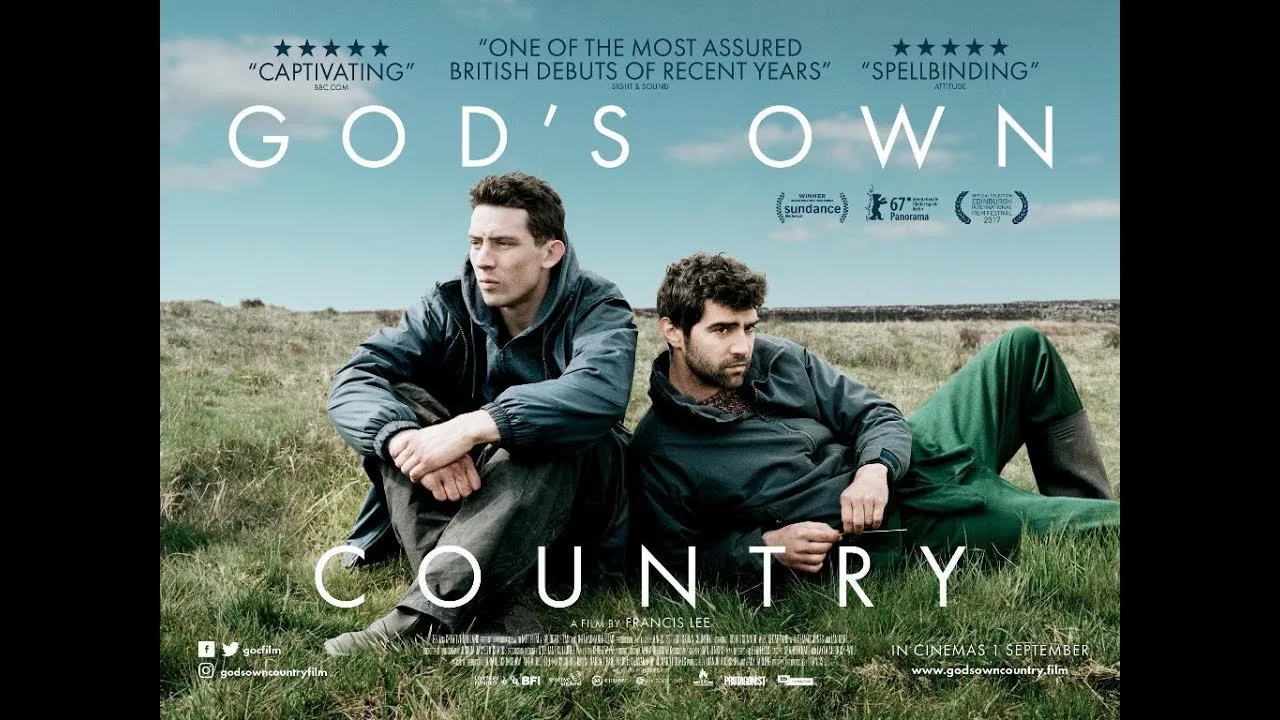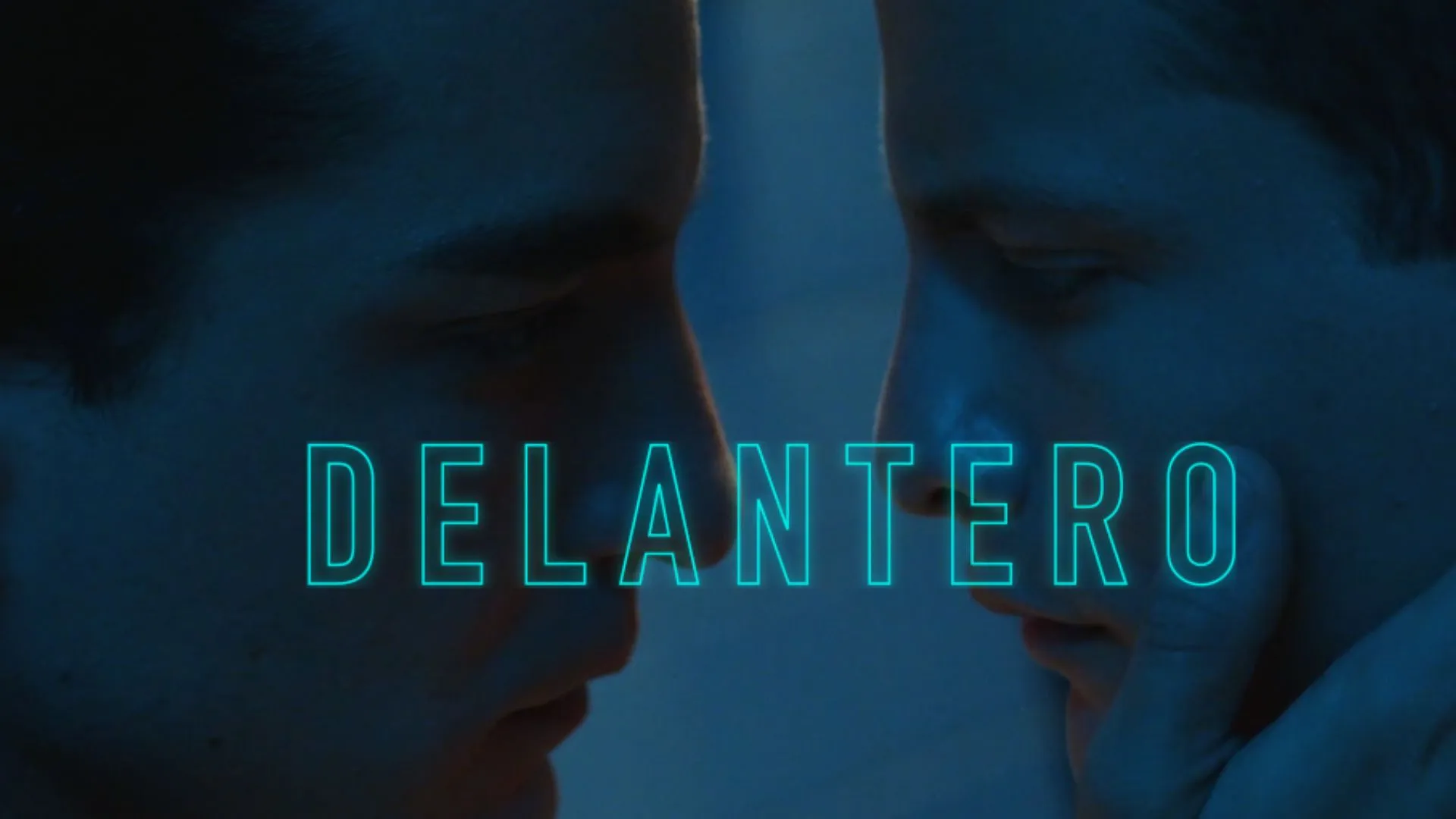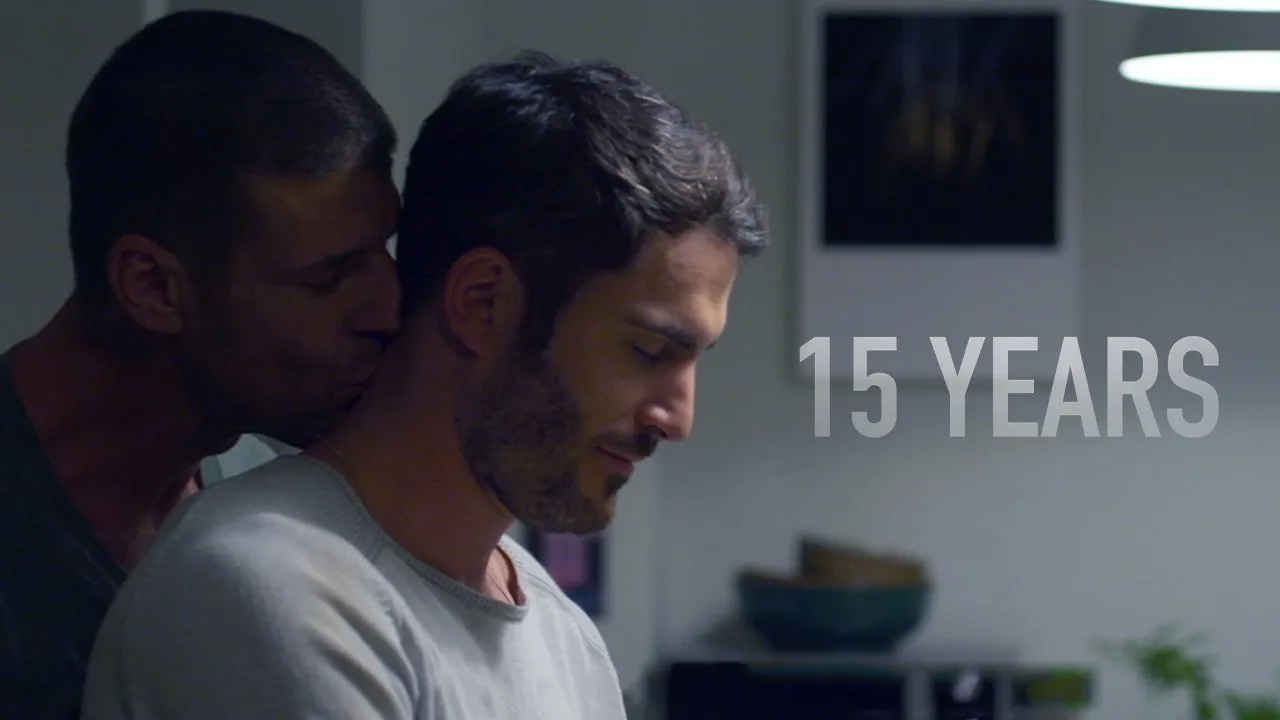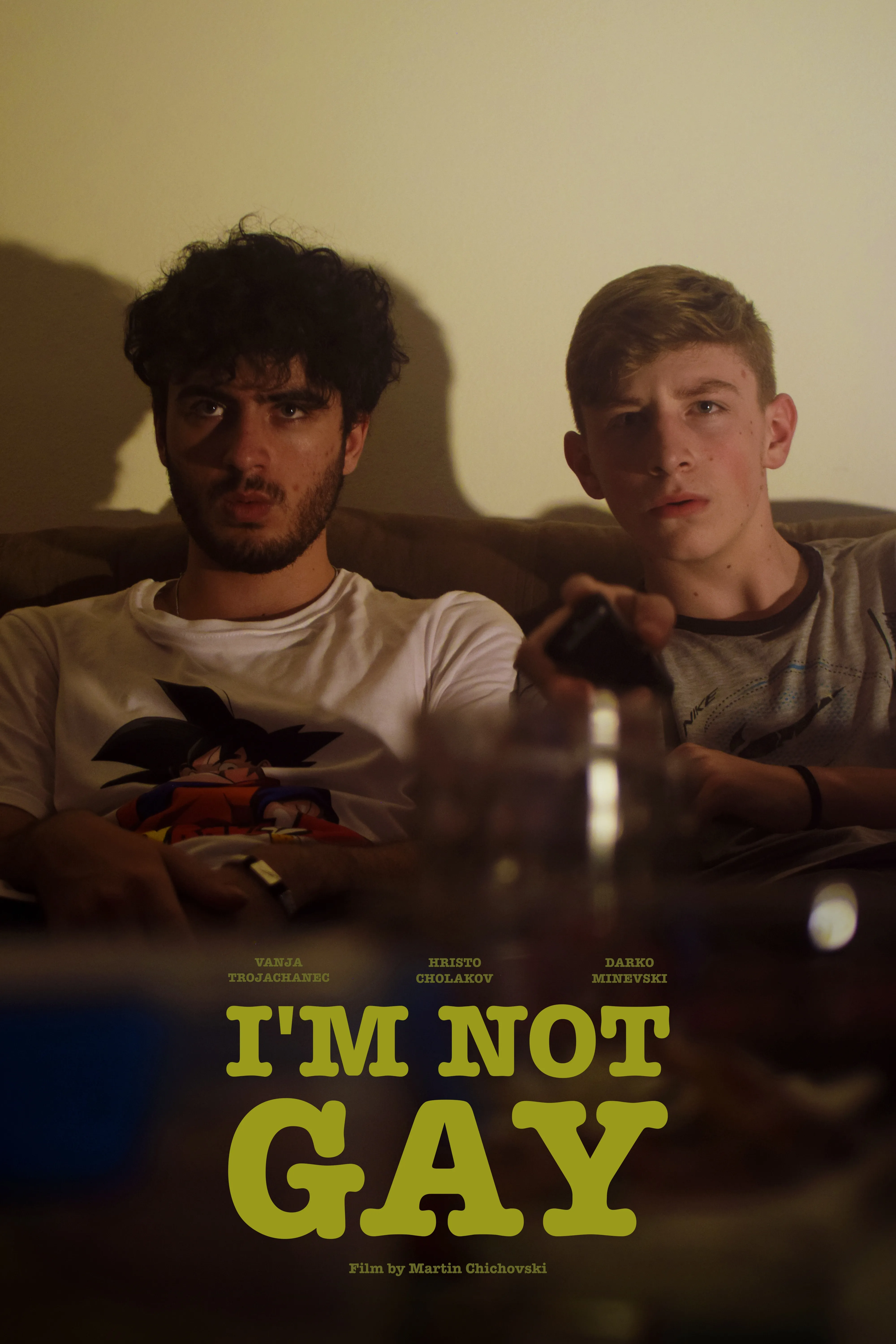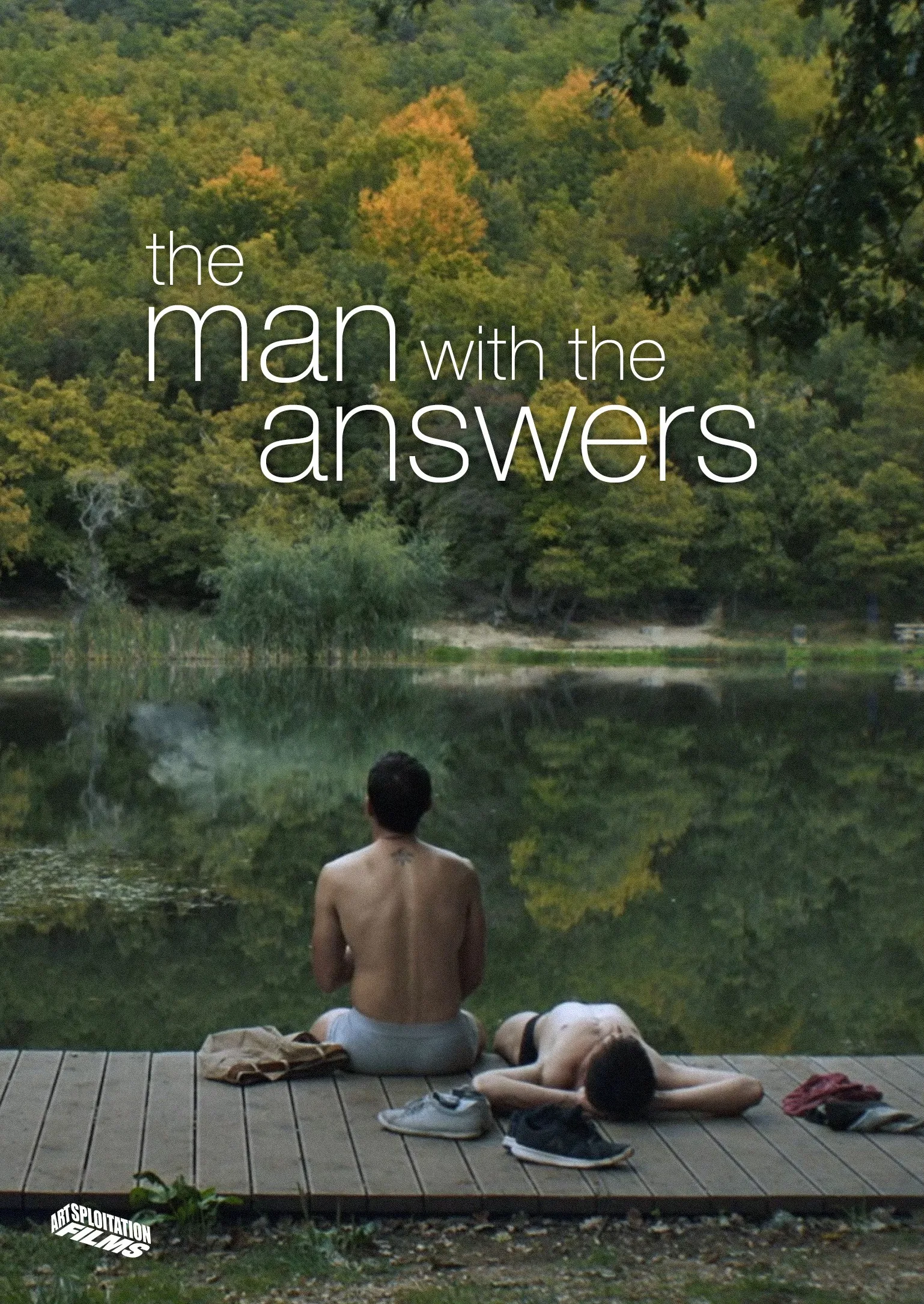The cold Yorkshire wind blew across the barren fields as Johnny tended the flock, his hands calloused from years of hard work, his heart heavy with a loneliness he could never name. His days were spent in a monotonous cycle of feeding the animals, mending fences, and drowning himself in drink every night to try to forget. He had never been good with words, much less feelings, and his father’s expectations weighed down on him like the cloudy sky that never quite opened. Love was never a priority, but something distant, abstract. That was until Gheorghe arrived. A Romanian worker, silent and attentive, with a gaze that seemed to see beyond the barriers Johnny had erected all his life. At first, Johnny resisted, treating him with the same coldness he had been raised with, but Gheorghe’s patience was unshakable.
Their first real moment together happened in the open fields, away from the judgmental eyes of the village. The tension that had been building between them exploded into a raw, intense feeling—an undeniable desire that Johnny could no longer ignore. But it wasn’t just desire. There was something in the way Gheorghe touched him, unhurriedly, unforcefully, with a tenderness that Johnny had never experienced before. For the first time, he wasn’t just wanted or taken—he was seen. The realization terrified him. He tried to push Gheorghe away with harsh words and rough gestures, but the more he resisted, the more he craved that feeling of warmth, of belonging.
Gheorghe didn’t ask to stay. He just continued his work, present at Johnny’s side, offering kindness when needed and silence when demanded. He understood what it was like to love in secret, to carry feelings that could never be spoken aloud. He knew that Johnny’s anger was not toward him, but toward himself. And so he waited. He knew that if Johnny really wanted to change, it would have to be of his own free will. So one cold night, when frost covered the grass like a silvery blanket, Johnny appeared in front of his caravan, hands clenched, breathing hard. Gheorghe opened the door and didn’t ask anything. He just stepped aside, making room for Johnny to enter.
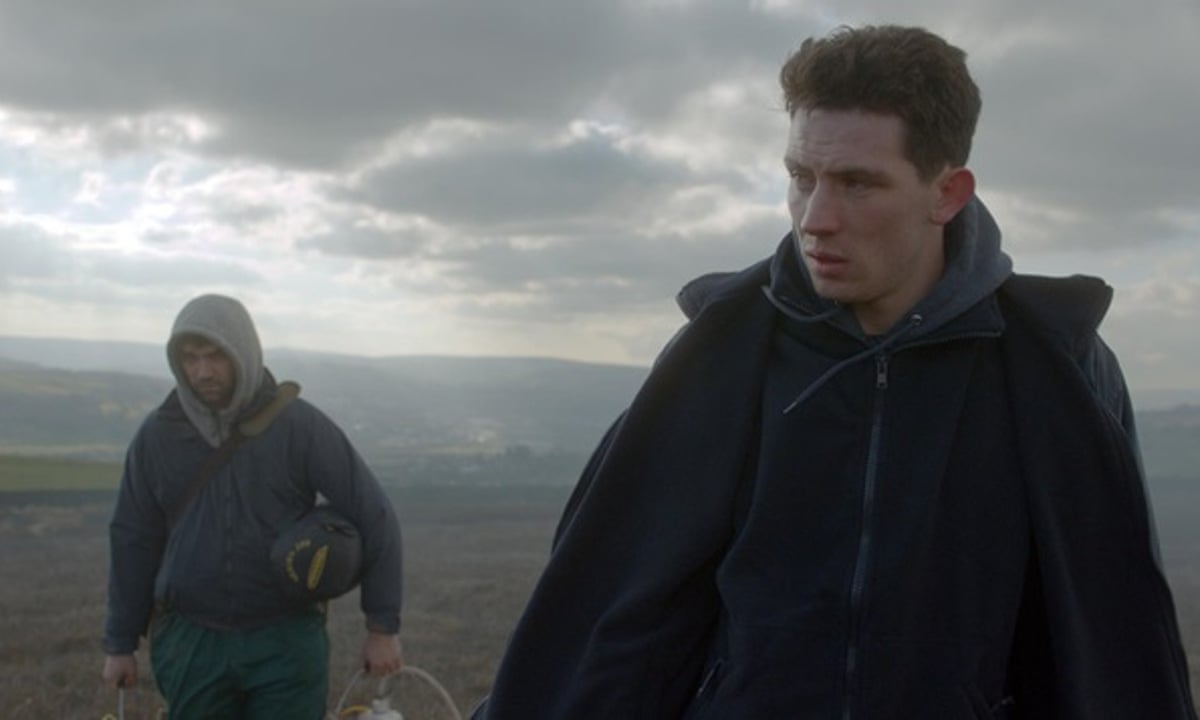
The days that followed were a quiet transformation. Johnny learned to play without fear, to feel without shame. He watched Gheorghe move lightly across the field, and something inside him began to soften. They worked side by side, but now there was more than obligation between them. Gheorghe taught Johnny the language of patience, of kindness, of love in small gestures—a warm meal after a long day, a hand on his back, a glance at dawn. Little by little, Johnny realized that love was not something you earned or endured. It was something you built.
But love, especially the way they loved, would never be easy. Johnny’s tradition-bound father disapproved. The burden of the farm, the expectations of masculinity, the unspoken rules of the community—all hung over them like storm clouds. Johnny had a choice: follow the life imposed on him, marked by loneliness and resignation, or fight for the only man who made him feel alive. He chose Gheorghe. He chose love. For the first time in his life, he fought for something bigger than just survival.

The farm still stood, the sheep still needed tending, the wind still whistled through the fields—but something had changed. Gheorghe stayed, not because he had to, but because he wanted to. And Johnny, who had spent so long running from love, from vulnerability, from himself, learned that happiness was not an unattainable dream. It was there, in the mud and the cold, in the silent mornings and the shared glances, in the touch of calloused hands against his. The love was not perfect, nor was it easy, but it was his. And that was enough.
